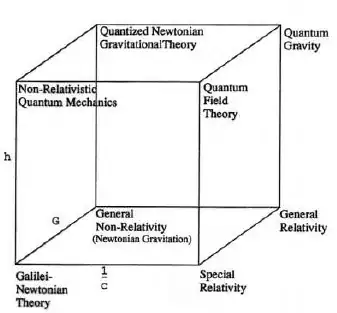It is known that the effect of gravitational waves generation in collisions of (black holes)/(neutron stars) pair follows from the predicted consequences of Einstein's General Theory of Relativity.
Newton's empirical gravitational constant $G$ is used in the analysis of captured gravitational waves produced by the collision of (black holes)/(neutron stars) pair.
Particularly I've heard that Newton's gravitational constant is used in calculations of masses of colliding (black holes)/(neutron stars) pair.
If so, this is an interesting (and even paradoxical) situation, when the two different theories of gravitation (the empirical Newton's and highly theoretical Einstein's) are used together.
I was pointed in PM 2Ring comment (see below) that the Einstein gravitational constant contains $G$.
So should Newton's empirical gravitational constant $G$ be considered as the independent fundamental physical constant, say on the par with the Speed of Light?
Another part of the paradox is that the numerical value of the Newton's gravitational constant is known per most current measurements with some certainty only to four significant digits - in SI units it is approximately $6.674×10^{−11} \,m^3 kg^{−1} s^{−2}$, while on another hand, the analysis of captured by LIGO/VIRGO gravitational waves is described as being done with quite high Bayesian precision.
Also see Gravitational Constant in Newtonian Gravity vs. General Relativity and links therein.
